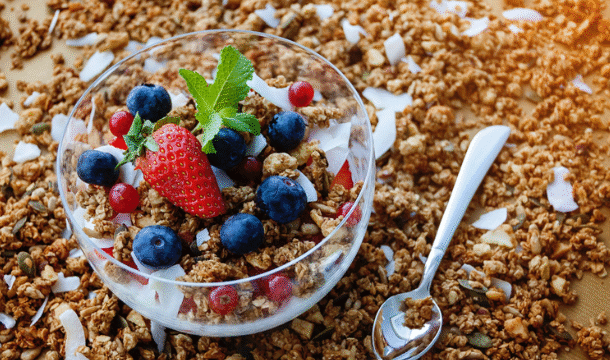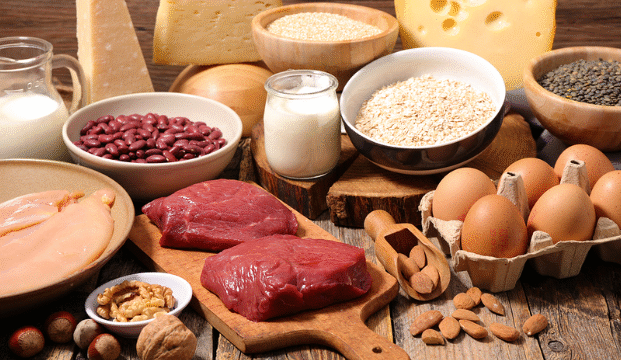1.
Eggs
Research suggests that high-protein foods like eggs help increase satiety, which may reduce overall calorie intake.
They also provide essential nutrients like vitamin D and choline.
2. Leafy Greens
Spinach, kale, and collard greens are low in calories yet high in fiber, vitamins, and minerals. Studies show that eating more vegetables is linked to better weight management.
3. Salmon and Fatty Fish
Rich in protein and omega-3 fatty acids, salmon supports muscle maintenance and heart health. Protein also helps control hunger by keeping you full longer.
4. Beans and Lentils
Plant-based proteins such as black beans, chickpeas, and lentils are high in both fiber and protein. Research indicates that legumes can aid in appetite control and promote better digestion.
5. Nuts
Almonds, walnuts, and pistachios provide healthy fats and protein. Multiple studies link moderate nut consumption to improved weight management and reduced risk of overeating.
6. Green Tea
Green tea contains antioxidants called catechins, which have been studied for their potential role in fat oxidation. Combined with caffeine, it can support energy levels naturally.
7. Whole Grains
Foods like oats, quinoa, and brown rice provide complex carbohydrates and fiber. Whole grains have been linked to better weight outcomes compared to refined grains.
8. Greek Yogurt
High in protein and probiotics, Greek yogurt supports gut health and satiety. Research also shows protein-rich snacks may help regulate appetite.
9. Berries
Blueberries, raspberries, and strawberries are naturally sweet but low in calories. They’re high in antioxidants and fiber, which support digestion and reduce sugar cravings.
10. Chili Peppers
Capsaicin, the compound that gives chili peppers their heat, has been shown in some studies to slightly increase calorie burning and reduce appetite.
Tips for Using These Foods Effectively
- Pair protein with fiber: This combination helps you stay full and energized.
- Choose whole over processed: Whole grains, fruits, and proteins are more nutrient-dense.
- Plan balanced meals: Include a mix of lean proteins, healthy fats, and vegetables.
- Stay consistent: These foods support fat loss when part of a long-term, healthy lifestyle.






